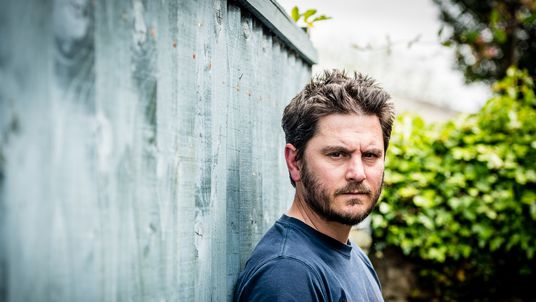Give as you shop
Simple ways you can give as you shop at no extra cost to you.
Veterans and their families need your support today as much as ever.
Life after a military career isn’t easy.
Your support means people can get help with their physical and mental health. It will provide support for welfare issues, such as helping people find somewhere to live, apply for benefits, or get a job. It will mean people can learn life skills to live independently. It will tackle isolation and loneliness in the veteran community.
People are being let down by the country they risked everything for. We rely on the generosity of the UK public to provide life-changing services.
On this page you will find four different ways to donate to the Charity. Whether you choose to pledge a single donation, monthly donation, leave a gift in your Will, or give in memory, your support means that members of the Armed Forces community can live well after military service.
The easiest way to donate is to make a single donation. This is a great way to give a one-off amount to help veterans, serving personnel, families, and people who worked alongside the UK military.
Want to know you’re doing your bit to help those who risked everything for us? Why not set up a regular monthly payment? It’s easy to do and will ensure veterans can access the ongoing support they need and deserve.
By leaving a gift in your Will, you can ensure that members of the Armed Forces community continue to receive vital support in their homes and communities across the UK.
Legacies come in all shapes and sizes. Every gift has the power to save and change lives.

By making the Heroes Promise today wounded veterans and their families will be able to get the physical, psychological, financial and welfare support they deserve - when they need it and for as long as they need it.
Simple ways you can give as you shop at no extra cost to you.
If you are a UK taxpayer, you can claim income tax relief on the value of most stocks through donating to ShareGift.
Payroll giving is simple to set-up and helps make a difference every payday.
Here you’ll find lots of inspiration to help you put the fun in your fundraising for charity.
So you’ve decided to host a Facebook fundraiser, that’s awesome, thank you so much! Here are some tips to help you on your way.
Gift Aid is a simple way to increase the value of your donation. If you are a UK taxpayer, we can claim 25p from the Government for every £1
Here’s our guide to everything you need to know about JustGiving charity donation pages, including how to set up web and social media pages.
Mark your special occasion and support our heroes at the same time.
Updated on
Cycle4Heroes, the brainchild of our biggest fundraiser, former Royal Engineers Sergeant Steve Craddock MBE, raised more than £4,000 when the peloton took to the Kent countryside.
Updated on
A former director has raised more than £3,000 for the Charity after cycling from Land’s End to John O’Groats.